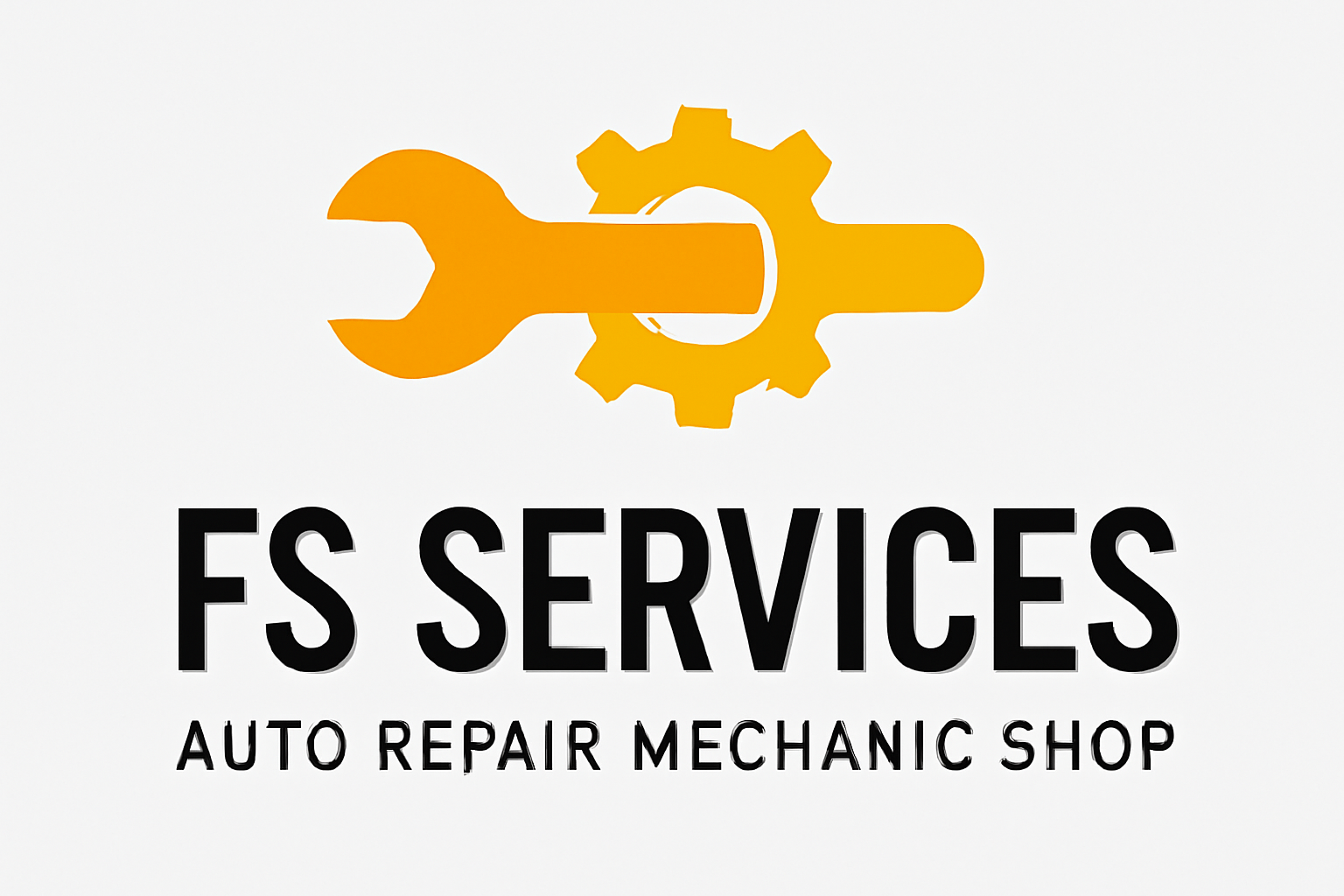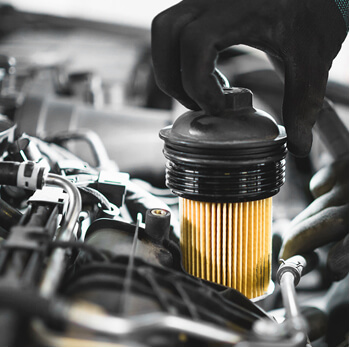Contacts Us
Have a Question?

Brake Repair & Services
Brake Repair & Preventative Maintenance: How to Know When It’s Time to Check Your Brakes
When it comes to vehicle safety, few systems are as critical as your brakes. Whether you’re stopping at a red light or making a sudden stop to avoid a hazard, your brakes need to respond instantly and reliably. Yet, many drivers overlook brake maintenance until they hear that telltale squeal or grinding noise — signs that it’s already too late for a simple fix.
At FS Services, we believe in preventative maintenance. That means keeping your vehicle’s braking system in top shape before costly or dangerous problems arise. Plus, we help our customers save even more by offering rotor resurfacing (also known as turning rotors) — a cost-effective way to extend the life of your brake system and make your new pads perform like new.
Why Brake Maintenance Is So Important
Your brake system is a complex combination of hydraulic pressure, friction, and heat management. Over time, the components that make this system work — such as brake pads, rotors, and calipers — naturally wear down. If not serviced regularly, that wear can lead to:
Reduced stopping power
Increased stopping distances
Brake noise and vibration
Uneven or premature wear of new brake pads
Damage to rotors that can make them unsalvageable
Regular brake inspections and maintenance can prevent these issues and ensure your car stays safe and responsive.
How Often Should You Check Your Brakes?
Brake inspection intervals can vary depending on your driving habits, vehicle type, and local conditions, but as a general rule of thumb, your brakes should be inspected at least every 10,000 to 15,000 miles — or at every oil change if you drive frequently.
You should also schedule a brake check sooner if you experience any of the following warning signs:
Squealing or grinding noises when you apply the brakes
Pulsation or vibration in the brake pedal or steering wheel
Soft or spongy brake pedal that travels farther than usual
Vehicle pulling to one side when braking
Dashboard brake warning light is illuminated
Catching these issues early can make all the difference between a simple brake pad replacement and a full brake system overhaul.
What’s Included in a Brake Inspection
A professional brake inspection at FS Services goes beyond just checking pad thickness. Our technicians evaluate the entire braking system, including:
Brake Pads and Shoes – We check for wear, glazing, or contamination.
Rotors and Drums – We inspect for thickness, scoring, and heat spots.
Brake Calipers – We test for leaks, sticking pistons, and proper movement.
Brake Lines and Hoses – We look for leaks, cracks, and corrosion.
Brake Fluid – We measure fluid level and quality, checking for moisture contamination.
This detailed approach ensures we find small issues before they turn into big, expensive problems.

Trust Our Products
For over 60 years, Car Repair Service has been helping drivers across North America maintain their vehicles. With ASE-certified mechanics in all of our stores, we can take care of all of your auto repair and maintenance needs.
From oil changes, filter replacements, and fluid flushes to brakes and brake repair, shocks and struts, muffler repair, tires, and wheel alignment, we’ve got you covered. Use the quick links in the gold bar to book an appointment at your Car Repair Service store today!
When to Replace vs. Resurface Rotors
One of the biggest questions drivers face during brake service is: Do I need new rotors, or can my existing ones be resurfaced?
At FS Services, we offer rotor resurfacing (also known as “turning rotors”) — a process that smooths out the surface of your brake rotors, removing minor grooves, rust, or uneven wear. This allows your new brake pads to seat properly and perform their best, without the cost of buying new rotors.
You can resurface rotors if:
The rotors are still above the manufacturer’s minimum thickness.
There are no deep cracks or heat damage.
You’re installing new pads, and the surface shows mild scoring or unevenness.
Rotors should be replaced if:
They’re warped beyond repair.
They have deep grooves or cracks.
They’re below the safe thickness limit.
Resurfacing can save you up to 50% compared to the cost of new rotors, while still delivering smooth, quiet, and safe braking performance.
The Benefits of Rotor Resurfacing
Here at FS Services, we take pride in helping customers get the most out of their brake system without overspending. Turning rotors offers several key benefits:
1. Cost Savings
Why replace something that can be restored? Resurfacing rotors costs significantly less than replacing them, especially for larger vehicles or premium brake systems.
2. Better Performance
Freshly resurfaced rotors provide a perfectly smooth surface for your new brake pads to bed in. This means quieter operation, better stopping power, and more even pad wear.
3. Extended Rotor Life
Each resurfacing removes only a small amount of material, extending the life of your existing rotors while maintaining proper thickness and balance.
4. Eco-Friendly Solution
Reusing rotors instead of replacing them reduces metal waste and manufacturing emissions — a small step that makes a big difference.
Preventative Maintenance Tips for Longer Brake Life
Taking a proactive approach to brake maintenance can help you avoid costly repairs and ensure consistent safety on the road. Here are some tips from our experts:
Avoid riding the brakes. Coasting and gradual braking reduce heat buildup and pad wear.
Flush your brake fluid every 2 years. Old fluid absorbs moisture, reducing braking performance.